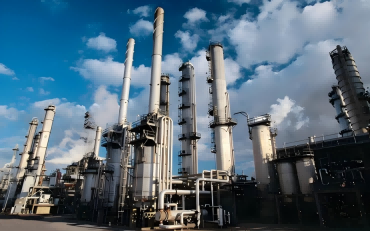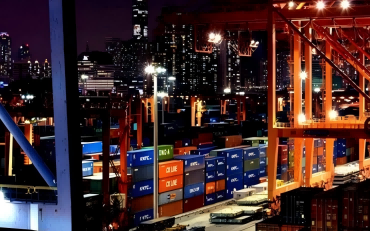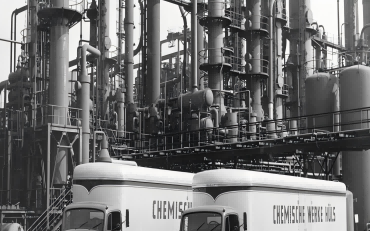Besieged by imports, Brazil’s chemicals put hopes on hefty import tariffs hike
Brazilian chemicals producers are lobbying hard for an increase in import tariffs for key polymers and petrochemicals from 12.6% to 20%, and higher in cases, hoping the hike could slow down the influx of cheap imports, which have put them against the wall.
For some products, Brazil’s chemicals trade group Abiquim, which represents producers, has made official requests for the import tariffs to go up to a hefty 35%, from 9% in some cases.
On Tuesday, Abiquim said several of its member companies “are already talking about hibernating plants” due to unprofitable economics. It did so after it published another set of somber statistics for the first quarter, when imports continued entering Brazil em masse.
Brazil’s government Chamber of Foreign Commerce (Camex) is concluding on Tuesday a public consultation about this, with its decision expected in coming weeks.
Abiquim has been busy with the public consultation: it has made as many as 66 proposals for import tariffs to be hiked for several petrochemicals and fertilizers, including widely used polymers such polypropylene (PP), polyethylene (PE), polyethylene terephthalate (PET), polystyrene (PS), or expandable PS (EPS), to mention just a few.
Other chemicals trade groups, as well as companies, have also filed requests for import tariffs to be increased. In total, 110 import tariffs.
Brazil has always depended on imports to cover its internal chemicals demand, but the extraordinary low prices coming from competitors abroad has made Brazil’s chemicals plant to run with operating rates of 65% or lower.
More and more, the country’s chemicals facilities are becoming white elephants which are far from their potential, as customers find in imported product more competitive pricing.
Considering this dire situation and taking into account that the current government in Brasilia led by Luiz Inacio Lula da Silva may be more receptive to their demands, Abiquim has put a good fight in publica and private for measure which could shore up chemical producers’ competitiveness.
This could come after the government already hiked import tariffs on several products in 2023 and re-introduced a tax break, called REIQ, for some chemicals which had been withdrawn by the previous Administration.
While Brazil’s chemicals production competitiveness is mostly affected by higher input costs, with natural gas costs on average five times higher than in the US, the industry is hopeful a helping hand from the government in the form of higher import tariffs could slow down the flow of imports into Brazil.
As a ‘price taker region’ given its dependence on imports, Latin American domestic producers have taken a hit in the past two years. In Brazil, polymers major Braskem is Abiquim’s commanding voice.
Abiquim, obviously, has always been very outspoken – even apocalyptic – about the fate of its members as they try to compete with overseas countries, namely China who has been sending abroad product at below cost of production.
Abiquim’s executive president urged Lula’s cabinet to look north, to the US, where the government has imposed hefty tariffs on almost all China-produced industrial goods or raw materials for manufacturing production.
“[The hikes in import tariffs] have improved the US’ scenario: despite the aggressive advance in exports by Asian countries, the drop in US [chemicals] production in 2023 was of 1%, while in Brazil the index for production fell nearly by 10%,” said Andre Passos.
“The country adopted an increase in import taxes of over 30% to defend its market from unfair competition. The taxation for some inputs, such as phenol, resins and adipic [acid], for example, exceeds three digits.
As such, the figures for the first quarter showed no sign of imports into Brazil slowing down.
The country posted a trade deficit $9.9 billion during the January-March period; the 12-month accumulated (April 2023 to March 2024) deficit stood at $44.7 billion.


